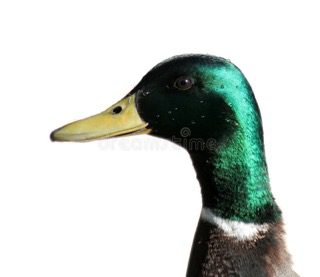

Duck heads can be a beneficial addition to a dog’s diet as they help scrape off plaque and tartar from their teeth. They are also a rich source of amino acids, calcium, phosphorus, and selenium. However, cooked duck heads should be avoided as they pose a choking hazard.
Duck heads are a tasty and nutritious treat for dogs, consisting of 75% bone and 25% muscle meat. They are high in protein and fat, making them ideal for dogs that need to gain weight. Additionally, they contain essential nutrients such as selenium, iron, B vitamins, amino acids, calcium, and phosphorus, which promote bone and muscle health. Duck heads are also beneficial for maintaining healthy teeth and gums.
While duck heads can be beneficial, they should be given in moderation, especially if the dog is already on a complete diet. Edible bones can cause rectal bleeding and intestinal obstruction if consumed in large quantities. Therefore, supervision is necessary when feeding bones to dogs.
Dehydrated duck head treats are available, and raw duck heads can also be given to dogs. To avoid choking, it is recommended to mince the duck head with a mincer before serving it to the dog. It is crucial to serve duck heads in moderation to prevent any adverse health effects.
Duck heads are a type of food that is sometimes given to dogs. These heads are typically boiled or roasted and may contain meat, bones, and cartilage. While some people believe that duck heads can be a nutritious treat for dogs, there are also risks associated with their consumption.
One benefit of feeding duck heads to dogs is that they can provide a source of protein, which is important for muscle growth and repair. However, there are also risks associated with feeding dogs this type of food. Duck heads can be high in fat, which can lead to weight gain and other health problems. Additionally, the bones in duck heads can be a choking hazard or cause digestive issues if they are not properly chewed.
If a dog has consumed a duck head and is experiencing symptoms such as vomiting, diarrhea, or difficulty breathing, it is important to seek veterinary care immediately. In some cases, surgery may be necessary to remove bone fragments or other obstructions from the digestive tract.
Safer alternatives to duck heads for dogs include lean meats such as chicken or turkey, as well as vegetables like carrots or green beans. These foods are lower in fat and less likely to cause digestive problems or choking hazards.
If duck heads are deemed safe for a dog to eat, they can be served as a treat or reward in moderation. It is important to supervise dogs while they are eating and to ensure that they are properly chewing any bones or cartilage.